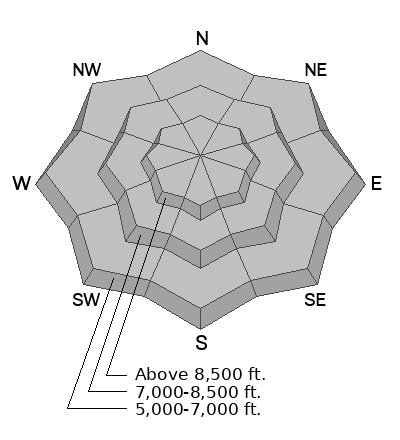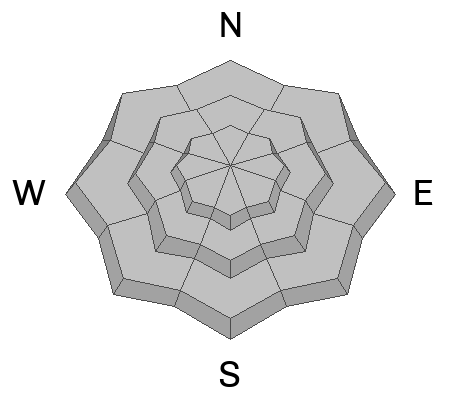Forecast for the Logan Area Mountains

Issued by Trent Meisenheimer on
Saturday morning, November 25, 2023
Saturday morning, November 25, 2023
Update for Saturday, November 25 at 7:00 AM
Today, we can expect dry-loose avalanches and small new snow soft slab avalanches across all aspects and elevations. On mid and upper-elevation northerly-facing slopes, it will be possible for a human to trigger an avalanche 1-2' deep that fails deeper in the snowpack on fragile faceted snow.
Evaluate the snow and terrain carefully; identify features of concern. Natural avalanches will be unlikely; human-triggered avalanches will be possible.

Low
Moderate
Considerable
High
Extreme
Learn how to read the forecast here








